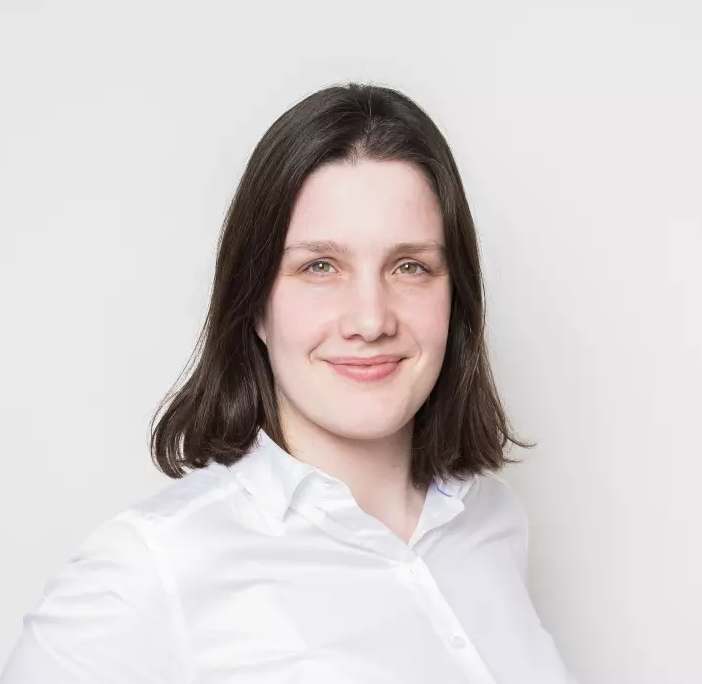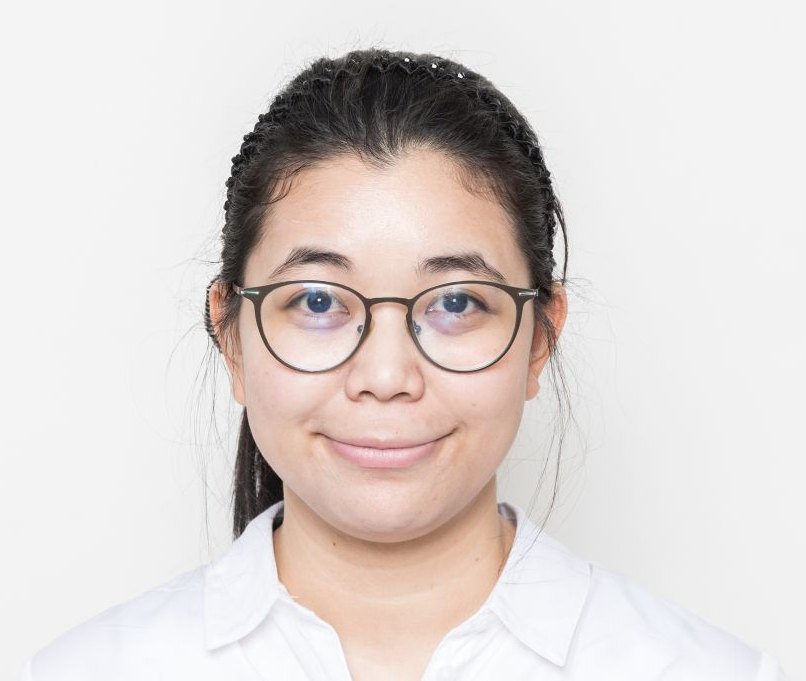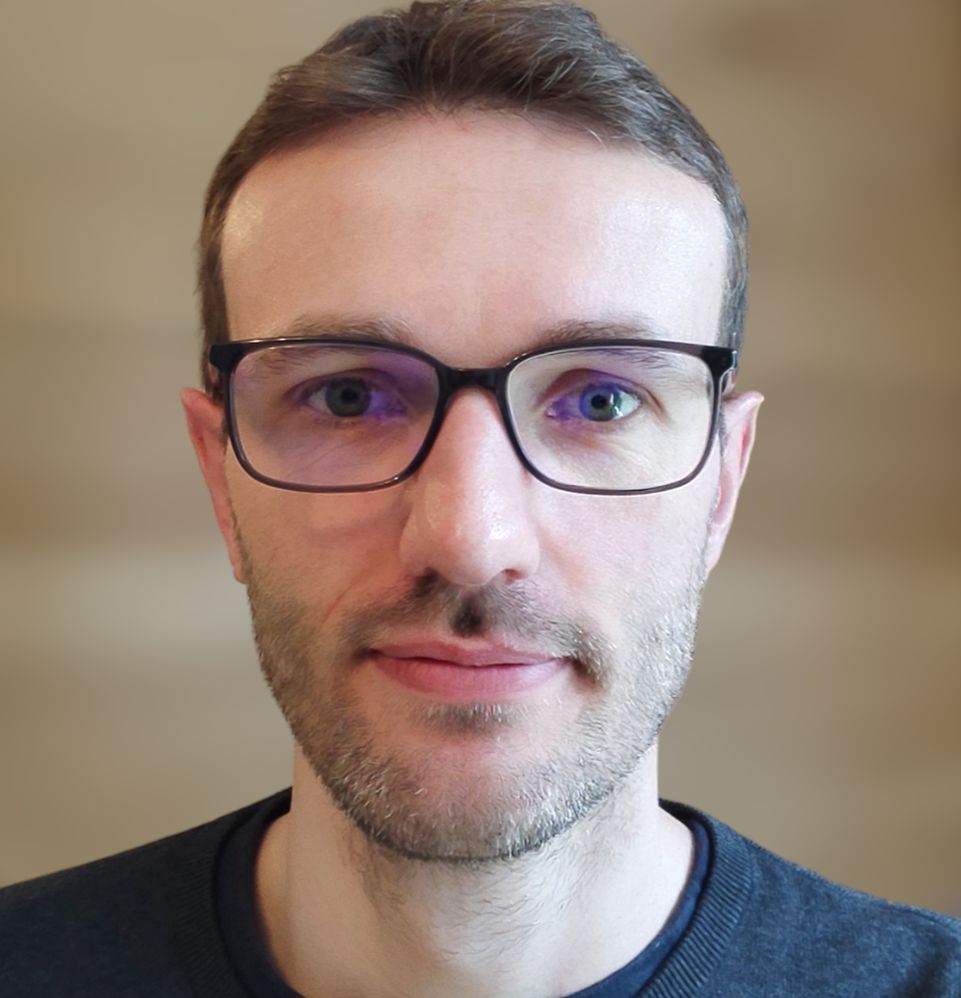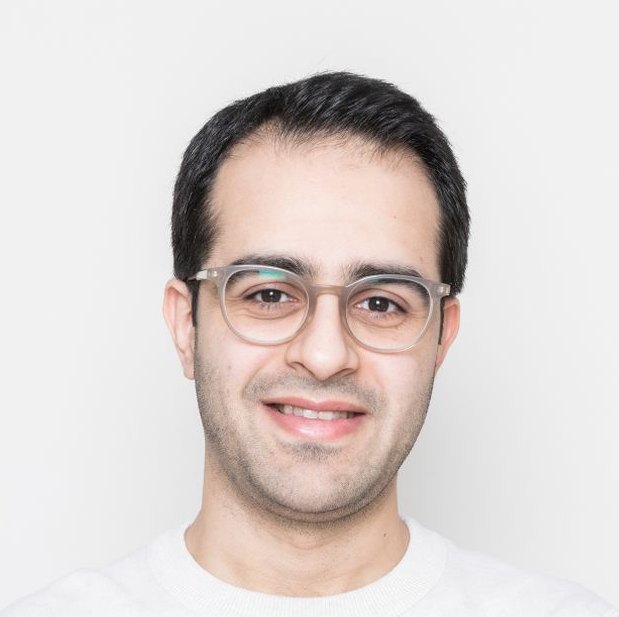"A stepping stone to a group leader": Interview with Dr. Chithra Sharma
PORTRAIT | Interview / PIER Seed Projects / Postdoc / Research | 30 March 2022
Dr. Chithra Sharma is a postdoctoral Humboldt research fellow at the Center for Hybrid Nanostructures (CHyN) at Universität Hamburg. In 2021, she was granted funding by PIER under its PIER Seed Projects scheme. In an interview, she spoke with us about her project idea, first outcomes and her view of the PIER Seed Projects program in general.
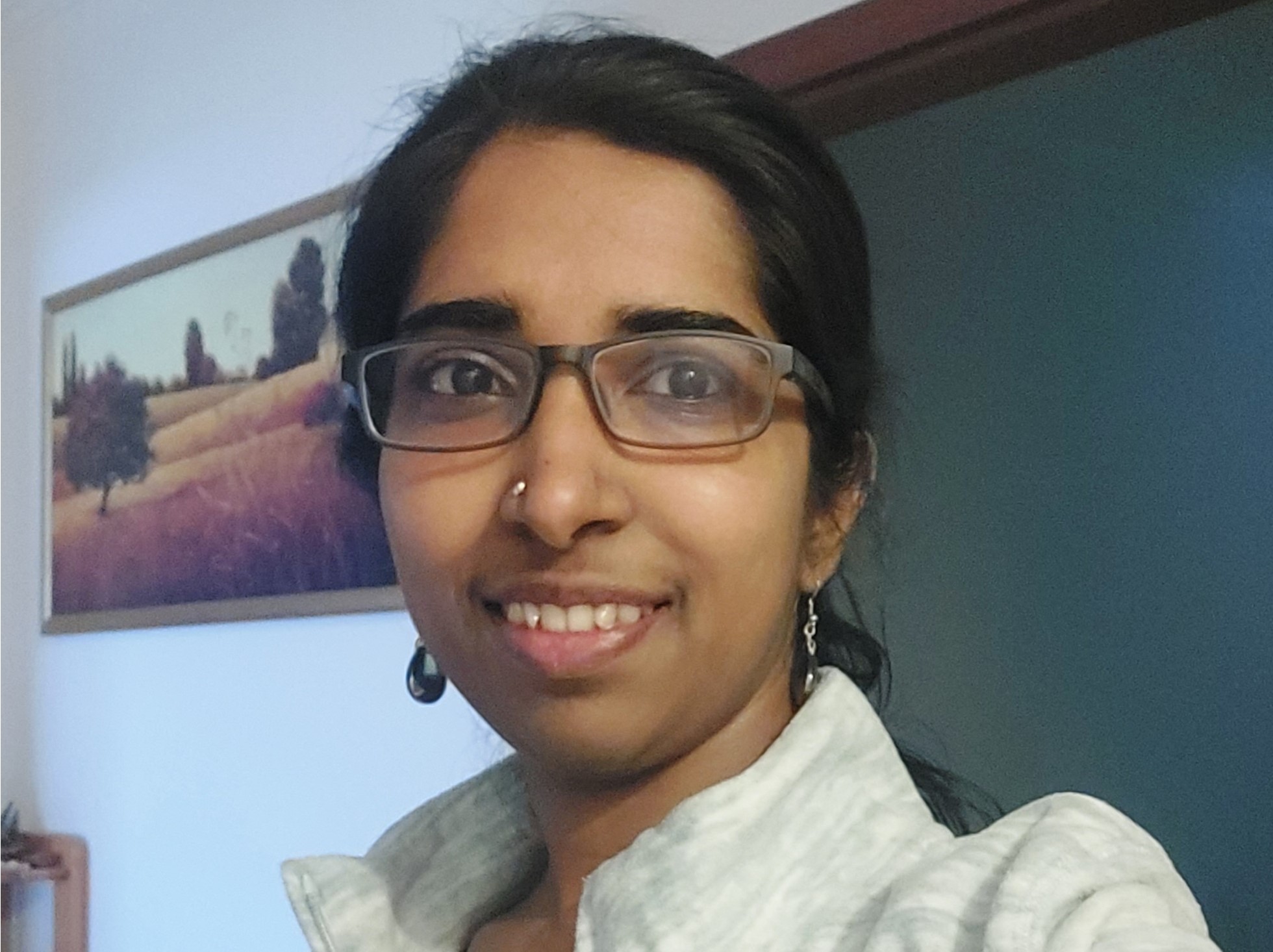
Chithra, in last year’s selection round for PIER Seed Projects, your project proposal with the title “Correlated states and interactions in MoS2 based van der Waals hetero(homo)-structures [CorMoS]” was successful and you were granted funding for two years. Could you briefly describe the idea behind the project?
2D electron systems has been of great importance in the field of Quantum transport and has led to the discovery of various phenomena such as Quantum Hall effect, Aharanov-Bohm effect and devices like quantum point contact, quantum dots etc. In the last decade, van der Waals materials and heterostructures came in the limelight. Thousands of materials with different properties were identified and they can be combined to modify the properties even further. To make things even more exciting, adding a twist angle between them adds one more degree of freedom to material engineering. The band structure in these systems are modified to form mini-bands and flat bands that facilitate correlated electron states such as superconductivity and Mott Insulator states. In this project, we study Graphene/MoS2 and twisted MoS2 systems to investigate the band structure modifications and exotic states.
One important goal of PIER Seed Projects is to foster collaboration between DESY and Universität Hamburg researchers. In which respect does your project contribute to this goal? And who are your research partners on both sides?
The research partners are myself and Prof. Robert H. Blick from the UHH and Dr. Arti Dangwal Pandey and Prof. Anreas Stierle from DESY. The DESY team performs the structural characterization using techniques like Atomic Force Microscopy (AFM), Scanning Probe Microscopy (SPM), Low Energy Electron Diffraction (LEED) and at the UHH we fabricate the devices and study the transport properties.
The funding period of your project started in August 2021 and will last until July 2023, so there is still quite a bit of time left before the project ends. In spite of the relatively early stage of the project, could you give us an impression on how it is progressing? Are there any tangible results yet that you can share (e.g. publications)?
We already have published some results from a part of the project recently titled ‘Electron spin resonance in a proximity-coupled MoS2/graphene van der Waals heterostructure’ in AIP Advances. We investigated the Electron Spin Resonance (ESR) in a Graphene/MoS2 device and found that the g-factor of graphene is modified due to its proximity to MoS2 and this indicates proximity induces Spin-Orbit Coupling (SOC) in graphene. We also have more exciting results that we are still working on.
Beyond the scientific results as such, do you have the feeling that the seed project is helpful for your scientific career also on a more general level (e.g. through new contacts/ collaborations)?
Having a successful proposal is a good achievement for a post-doctoral researcher and is a stepping stone to be a group leader and further levels in career and gives me a huge confidence boost. The discussions with collaborators and working with different groups help me grow in my academic career. Moreover, this project also gives financial freedom to do some research on my own.
Based on your experience with the program, what would you say are the main advantages of the PIER seed funding for (early-career) scientists? Would you recommend the program to fellow researchers?
I would definitely recommend PIER seed funding to fellow researchers. Applying for funding and managing projects is an integral part of higher-level academic research. PIER seed funding provides a platform for early-career researchers to write proposals and have financial freedom to do some independent work. As mentioned previously, this is a good motivation for such scientists for their academic growth.
Thank you very much for your time, Chithra! We wish you much success for the rest of the project and all the best for you and your academic career!
